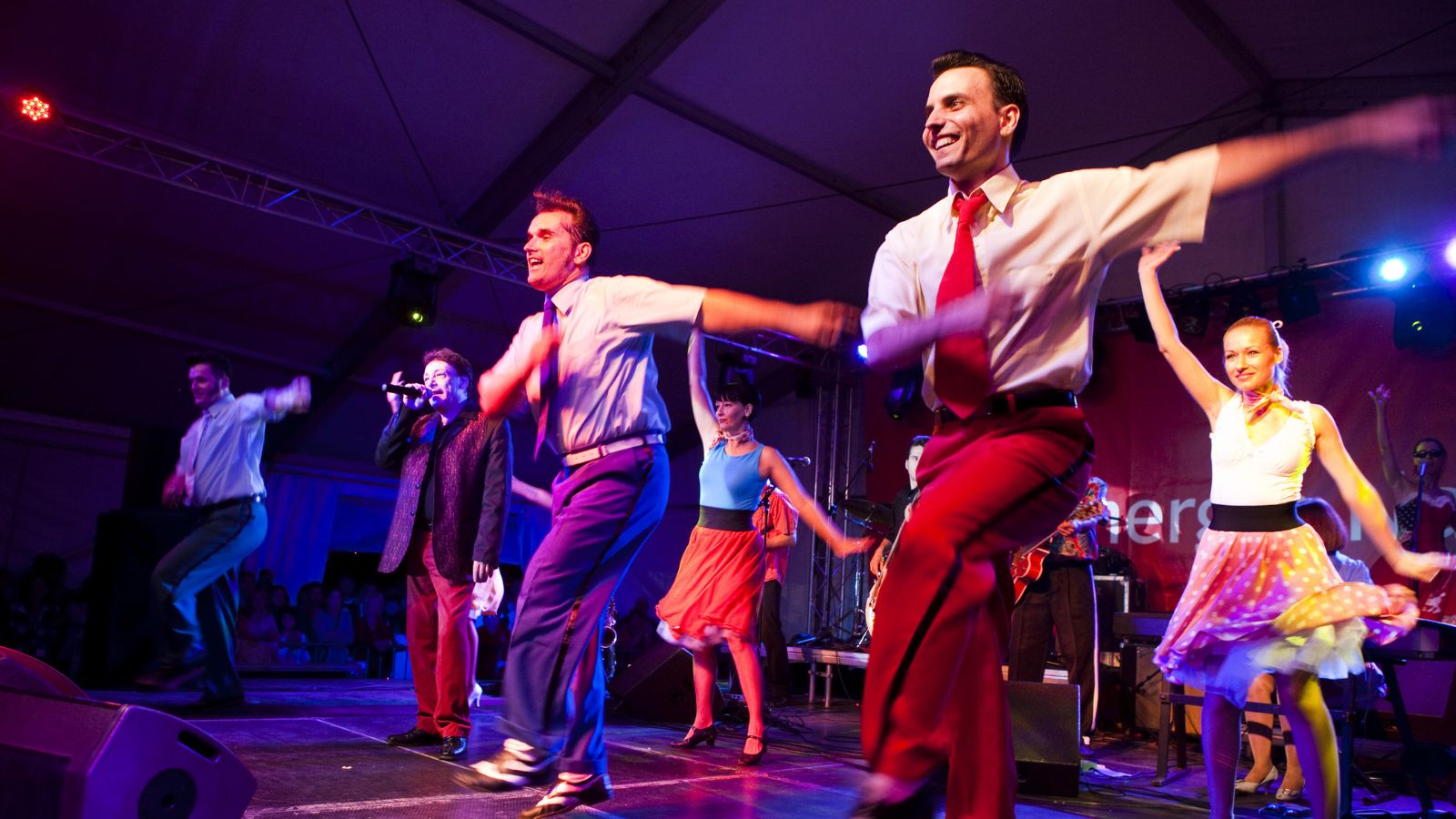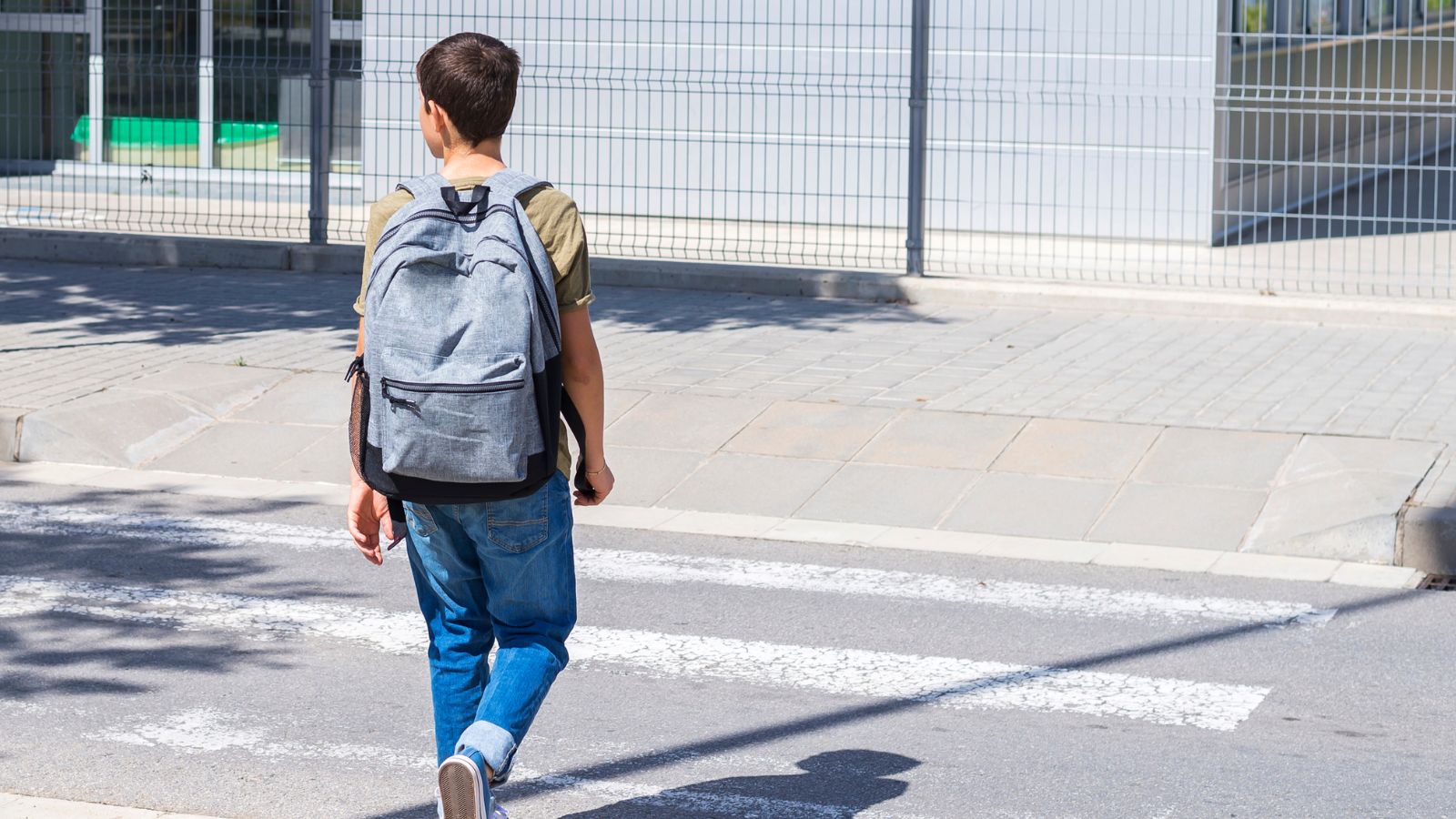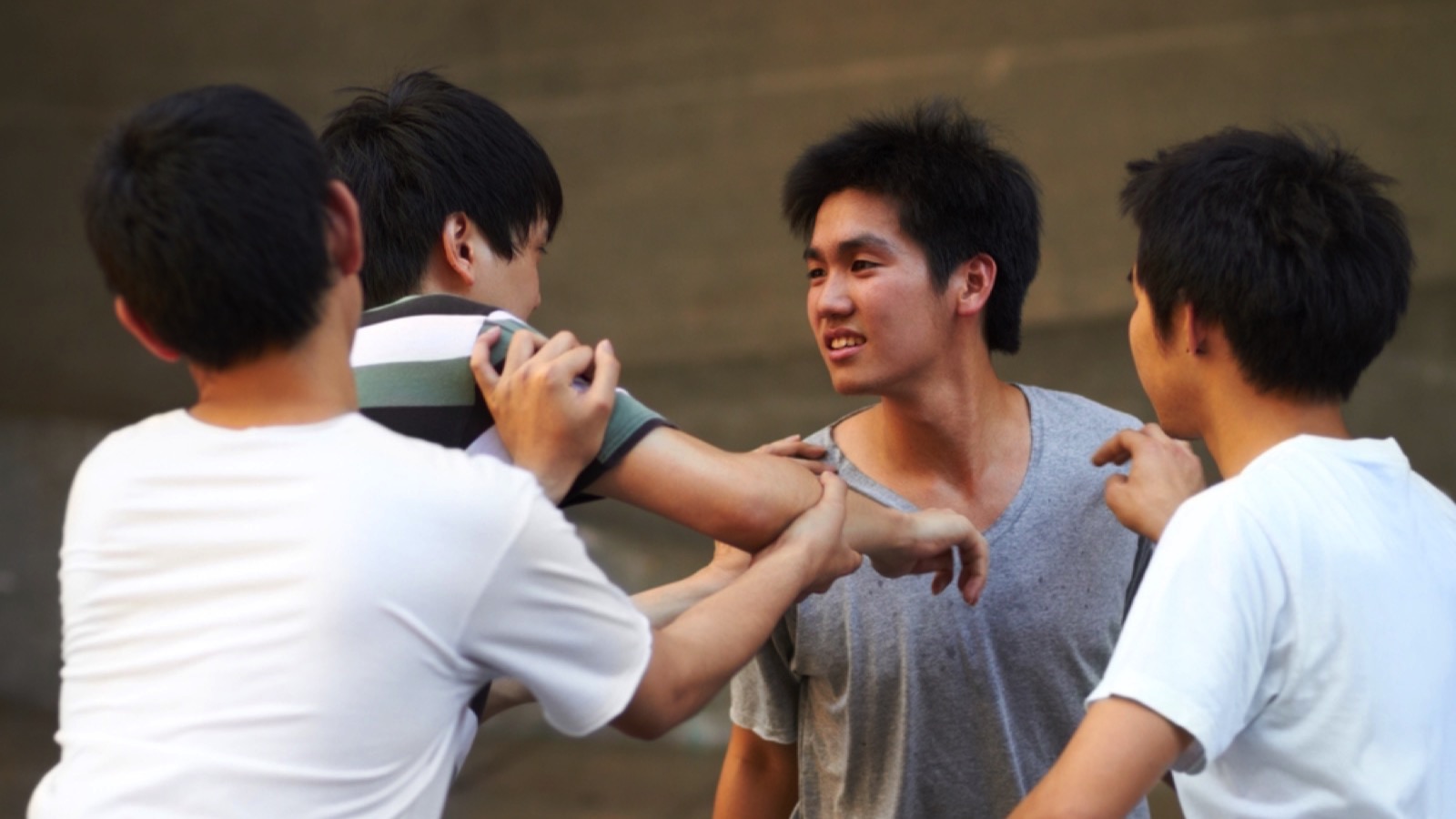Some folk recall the Swinging Sixties as a time of rebellion and transformation, but not everyone was ready to embrace change. For teenagers, life was often governed by strict and sometimes downright absurd rules. From what they wore to how they behaved, the expectations placed on them were designed to uphold a very particular image of “respectability.”
While many of these expectations seem laughable today, they reveal just how much society has evolved.
Curfews Were Set in Stone

Sixties teenagers had to be home at a specific time, no matter what. If the clock struck 10 pm and you weren’t through the front door, you were in trouble. Parents believed staying out late led to bad ways, no questions asked.
Even school dances ended early to make sure everyone could rush home and beat their strict curfews.
Girls Couldn’t Wear Pants

Skirts and dresses were the only acceptable attire for young women in the ‘60s. Schools and parents alike had strict rules against pants, which were seen as “unladylike.” Even in winter, when freezing temperatures made pants practical, girls were still expected to brave the cold in skirts.
No Long Hair for Boys

Boys were expected to have haircuts like their dads, which meant short back and sides. Long hair was associated with rebellion and was outright banned in many schools. If your hair touched your collar, you could expect a lecture, or even a forced trip to the barber. Being neat and clean-cut was non-negotiable.
No Rock ‘n’ Roll Dancing

High school hops were referenced in pop songs of the era, but the truth was a lot tamer. Rock ‘n’ roll was considered rebellious and even dangerous by many parents and school boards. Dancing to it? Absolutely forbidden. Schools enforced strict rules to keep events wholesome, often resorting to live bands that avoided anything with a rocking beat.
Dating Had to be Supervised

Sometimes, three was a crowd, but going on a date was rarely a private affair. Parents insisted on chaperones, whether it was an older sibling or even one of them tagging along. Even “alone time” often meant sitting in the family living room under the watchful eye of a parent, pretending to read a newspaper.
No Makeup for Teen Girls

Makeup was usually reserved for adults and seen as something scandalous for teen girls. Many parents banned their daughters from wearing lipstick, mascara, or anything beyond a dab of powder. Schools often had similar dictates, sending girls home if they dared to bend those rules.
Boys Couldn’t Wear Jeans to School

Denim was a staple for boys’ casual wear, but jeans were considered much too informal for school. Teenage boys were expected to wear slacks or khakis to maintain that all-important respectability. Rebellion was a waste of time because showing up for class in denim usually resulted in being sent home to change.
No Public Displays of Affection

Hugging your sweetheart in public was a big no-no. Even holding hands was taboo. Schools, churches, and parents had strict rules about “proper behavior,” and even something as innocent as a quick peck on the cheek could lead to punishment, or at least a stern lecture.
Girls Had to Take Home Economics

Education for most girls meant training to be the perfect housewife. High schools required young women to take classes in cooking, sewing, and managing a household. The idea was to prepare them for their “future roles” as homemakers.
Meanwhile, boys were steered toward shop class, where they learned woodworking skills or mechanics to become factory fodder for the future.
Boys Had to Address Adults as “Sir” or “Ma’am”

Respect for elders and authority wasn’t just expected; it was demanded. Teenage boys were required to address teachers, parents, and other adults with formal titles. Anything less was considered disrespectful, and talking back would lead to swift consequences at home or school, where corporal punishment was commonplace.
No Calling Boys on the Phone

Dating etiquette for teenage girls was a minefield. Calling a boy was considered bold and inappropriate. Social norms of the ‘60s dictated that boys should always make the first move, even when it came to something as simple as a phone call. Reputation meant everything and girls who broke this rule risked being labeled as “forward” or “fast.”
Sunday Church Attendance was Mandatory

Sunday mornings were reserved for attending service, and even teens who didn’t feel religious were expected to go along with their families. Skipping church was practically unthinkable for many teens in the ‘60s. The notion of sleeping in or doing something else wasn’t an option.
Prom Dresses Had to be Modest

Just like today, the prom was a highlight of the high school social calendar, but that’s where the similarity ends. Girls’ dresses had to meet specific standards, with no plunging necklines or exposed shoulders. Parents and teachers usually had the final say, approving – or rejecting – dresses before the big event.
Boys Had to Open Doors for Girls

Teenage boys in the ‘60s were taught to open doors, pull out chairs, and carry heavy items for girls. Chivalry was more than just a suggestion – it was an expectation. While some girls appreciated the gesture, others felt it reinforced rigid gender roles that didn’t leave much room for equality.
School Rules Extended Beyond Campus

Schools in the ‘60s were strict and their tough rules extended beyond the school grounds and could still get you in trouble. Many schools had codes of conduct that extended to behavior in the community.
Whether it was being caught smoking or simply hanging out in the “wrong” crowd, your school, along with your parents, were quick to enforce discipline.
